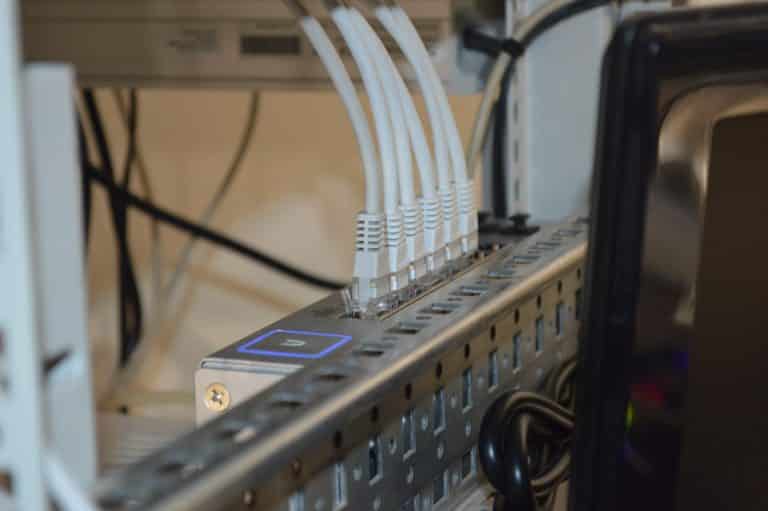Contents
What is IP Address?
A single IP address is a system that recognizes a local network or online device. IP means “Internet Protocol,” the guidelines set for the data format transmitted over the internet or the local network.
IP addresses are basically the identifier that can be transmitted to computers on the network: they provide location data and make devices available for communication. The Internet requires a means of discriminating between machines, routers, and websites. IP addresses are an integral part of the Internet’s way to do so.
The ranges of IP addresses and the various forms are available for each category.
Types of IP Address
User IP Address
There will be two kinds of IP addresses for each person or company using an internet service plan: their private IP address and public IP address. The public and private words are for the network venue, which is to say for the use of a private IP address within a network and for the use of a public address outside a network.
IP addresses for private users
A private IP address is available for each computer connecting to the network. Computers, laptops, tablets, and all accessories such as microphones, printers, or smart TVs may also be used. This includes The increasing internet of things is likely to increase the number of private IP addresses at home. Your router needs to be able to recognize these objects individually and several items need to be recognized. Therefore, for each system that differentiates between them on the network the router creates private IP addresses that are unique.
Public IP Addresses
The main address for the entire network is a public IP address. Each linked computer has an IP address of its own but is also included in your network’s principal IP address. Your IP address is supplied by your ISP to your public router, as mentioned above. In general, ISPs have a wide variety of IP addresses they offer to their customers. The public IP address that your network recognizes is the address that all users outside your internet network use.
This Public IP comes into two categories: Dynamic IP and Static IP
Dynamic IP Address
Automatically and periodically, dynamic IP addresses alter. ISP’s order and assign a wide pool of IP addresses to their customers instantly. They regularly reassign them to the pool for use for other customers and restore the older IP addresses. The reason for this strategy is to save ISP costs. Automating the routine movement of IP addresses ensures that, for example, once you go home, you do not have to take special steps to return the IP address to a client. Protection advantages exist too because it is difficult for hackers to break into the network interface because of a changing IP address.
Static IP Address
Static addresses remain stable as opposed to dynamic IP addresses. The network will stay the same until the IP address is assigned. Most people and organizations don’t require a static IP address, but one is important for companies who plan to run their own servers. A static IP address means that websites and their related email addresses have a stable IP address — which is important if you want other devices to reach them reliably on the Internet.
Web Hosting IP Address
This contributes to the next element – the two kinds of IP addresses on the website.
Two forms of IP addresses are available
There are two kinds of website IP addresses for the site owner who does not host their own servers and relies on a web hosting kit instead. These are committed and circulated.
Shared IP Address
Pages that rely on joint hosting plans from providers of web hosting are usually one of many websites on the same server. This is usually true for individual websites, SME websites, where the amount of traffic and the number of pages, etc are small. Hosting services will exchange IP addresses in this manner. This way.
Dedicated IP Address
Any web hosting plan can buy a specific IP address (or addresses). This makes it easy to get an SSL certificate that helps you to run the FTP servers. This simplifies the sharing, file transmission, and anonymous sharing possibilities in FTPs, for many users within an enterprise. You can also access your website by a dedicated IP address alone rather than via a domain name – it’s helpful to create and validate your domain before registering it.

